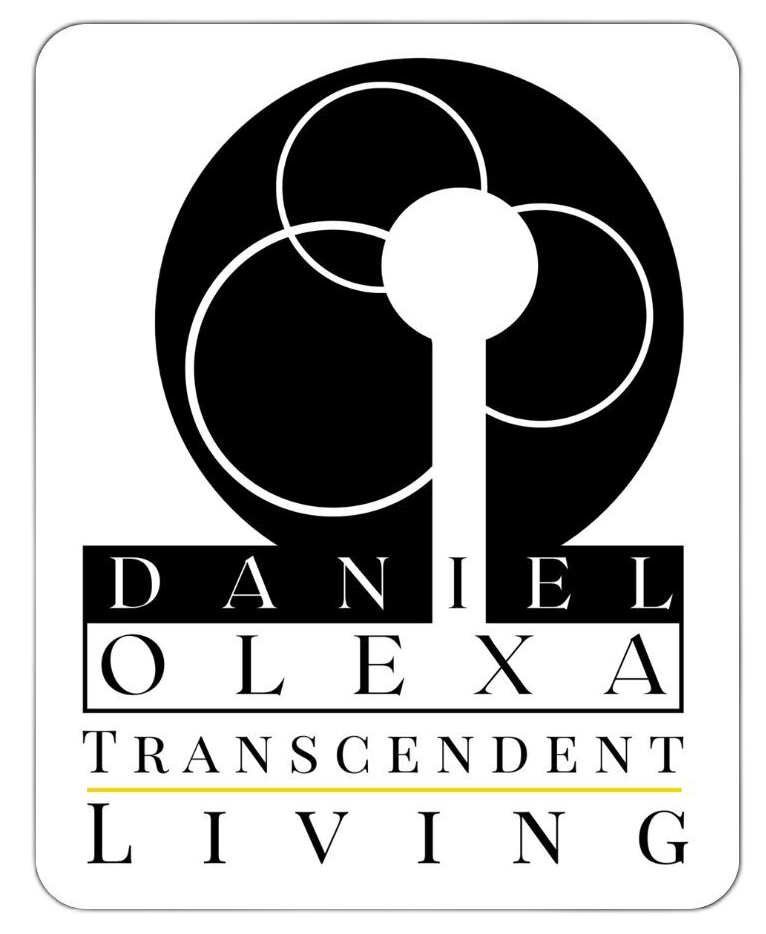The Two Very Common, Yet Very Dangerous, Phrases That Are Killing Your Confidence in 2018
Overcome these sayings and boost your prosperity in the New Year
One of the basic tenets of living a fulfilled, prosperous, and happy life is to express an attitude of gratitude.
In other words, being thankful for all the things that exist in your life, understanding how even challenges are presenting you with opportunity, and using this knowledge as the foundation for your growth.
Unfortunately, many of us have been programmed to avoid accepting this concept through two very common statements that undermine our perceptions of deservedness, worthiness, and instead create limitations.
You probably heard these sayings as a child. At that time, they were probably presented as back-handed statements from parents or other adults.
Now, as you are discovering your way and striving as an adult to achieve your goals and improve your life, you find yourself repeating old patterns and hitting walls that keep you from realizing your ideal success.
How can two simple and common phrases have such a negative impact on your growth?
It’s easy.
The negative associations attached to these statements in your youth have been reinforced over years, possibly decades, of exposure. The more you hear them in the negative context, the more you believe them to be true, and more importantly, the more your subconscious mind sabotages you to prove that they are true.
The insidious implications behind these simple phrases block you from experiencing a life of gratitude and abundance by negatively coloring the very baseline appreciation of good things present in your life and by suggesting your unworthiness to achieve more.
Let’s look at these two statements, how they create obstacles to your prosperity, and learn how you can break free of the negative associations that are attached to them.
1: Be Thankful for What You Have
How many times did you hear this as a child when you wanted something new, something that your parents could not afford, or that was just not realistic to purchase (not that being realistic registered with your childhood state of mind)?
Let’s look at a couple of situations where this statement could have been used.
Scenario 1:
Child: “Mom, I want a new Barbie/GI Joe/Transformer!”
Mother: “NO! You just got a new one for Christmas last month. How many of them do you need? Be thankful for what you have.”
Scenario 2:
Child: “I’m still hungry. I want more food.”
Parent: “No. If you’d eaten your vegetables, you’d be full. There are kids starving overseas. Clean your plate. Be thankful for what you have.”
Let’s look at the implied meaning of “be thankful for what you have” in these two situations.
In one, the child is being told that they are asking for too much by wanting a new toy, in the other they are chided for being wasteful for not eating their veggies.
In both situations, they are being given a message that implies satisfaction with a state of lack – being thankful for something that is less than what they want.
Limitation is created in the mind as we’re told: What you want is wrong, you’re asking for too much (being greedy/selfish), or just by creating the implication that there is not enough to go around for everyone (mindset of lack).
The message is implied: Be thankful for what you have, (because you could have a lot less/lose everything.)
So, how do you shift your mindset to one of worthiness?
Living from a state of gratitude is very much “being thankful for what you have,” but seen through a different lens.
Let’s look at “what you have” as a foundation from which to expand, rather than as a boundary that protects us from loss.
“What we have” is a starting point. From here we can create more prosperity for ourselves and others.
A mindset of abundance suggests that there is more than enough for everyone, that each of us has a “treasure” reserved for us in the universe.
Being thankful and having a gratitude mindset opens opportunity for us to see the good things that are present and helps us to become mindful of positive outcomes.
This outlook is impressed/programmed into our Reticular Activating System. The more we practice it, the more embedded the program becomes. You can read more about the RAS here.
Here are some tools for developing a practice of gratitude so you can create your foundation of thankfulness.
Now that we’ve addressed the one of those dangerous phrases, let’s suit up and attack the second one.
You’ve got nothing to lose… you can only win when you overcome these little devils.
2: I Hope You Get What You Deserve
If you are like most people, you heard this phrase as a presentation of punishment for doing something that your parents didn’t like.
This negative implication impacts our self esteem and creates blocks to achievement. (See #10 here.)
When you take action to make changes in your life, maybe step out of your comfort zone and try something new, or just take a chance on meeting someone personally or in business, what do you think you deserve?
Or more precisely, what do you believe you deserve?
You can think whatever you want – of course you deserve a good outcome, a positive result.
But what if deep down, due to massive repetition of the implication that you only deserve punishment for your actions, that you are subconsciously sabotaging your outcomes? (Or maybe not starting at all – after all, why take action if it won’t get you anywhere?)
It’s time to get over yourself. It’s time to learn a new belief system, one that is supportive of your outlook to achieve great things in your life.
Let’s get rid of those old associations now.
It’s time for you to realize that you are deserving of good things.
As long as you are not intentionally harming another living being by taking action on your goal, then you are deserving of good things.
If you discover that your actions had an unintentional effect on someone, then you take action to correct that outcome and move forward. Don’t punish yourself, you’re doing the best you can with the information that you have – you can’t plan for every scenario, but you can correct them with integrity when they may occur.
As a living human being striving for achievement, you deserve good things.
Since the old programming of lack can be difficult to overcome, you can get help through counseling and hypnotherapy.
Since our beliefs about who we are and what we deserve are held in the subconscious, hypnosis in particular is a powerful tool for shedding the old, limiting beliefs that get in the way of your success.
Contact me and let’s get you on a path of success for 2018 and beyond.
You deserve it.

